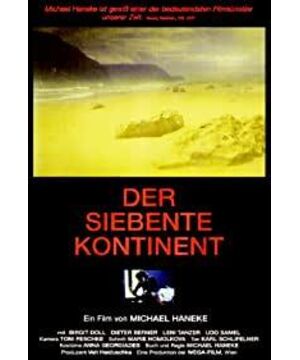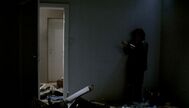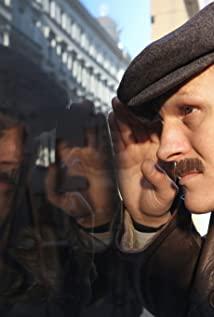deny.
All the destruction they did, I first understood, was to deny everything in the world. Deny your own past, deny your living state, deny material things, deny society.
The tone of the whole story, as everyone thought and said, is loneliness, estrangement, and depression. Spaces are always small and closed (like inside a car, a small room, a light cabinet, part of a bed). This is a metaphor, which roughly refers to the protagonist's heart - repressed, forced by life, living by looking at other people's faces, busy all day, and forced to live a regular life. No randomness, no freedom. Life is framed, as if it had been set from start to finish.
The first half of the story may seem a little tedious to most people. But I fell in love with the movie when the hostess's red cloth shoes showed up. The sudden appearance of red is shocking. It's probably the only warm tone in the entire film -- or the only warm tone that makes an impression.
I think red cloth shoes also have a deep metaphor. In my understanding, it implies that in this monotonous regular life with almost no bright colors, the protagonist still has the desire to break through the shackles. That's what caused them to explode in the end. Of course, this is just my one-sided understanding, and there is no guarantee whether it is correct or not.
Received the disc of the Glacier trilogy. Decided to watch in order.
I don't know what kind of thinking the latter two will bring to people.
View more about The Seventh Continent reviews










